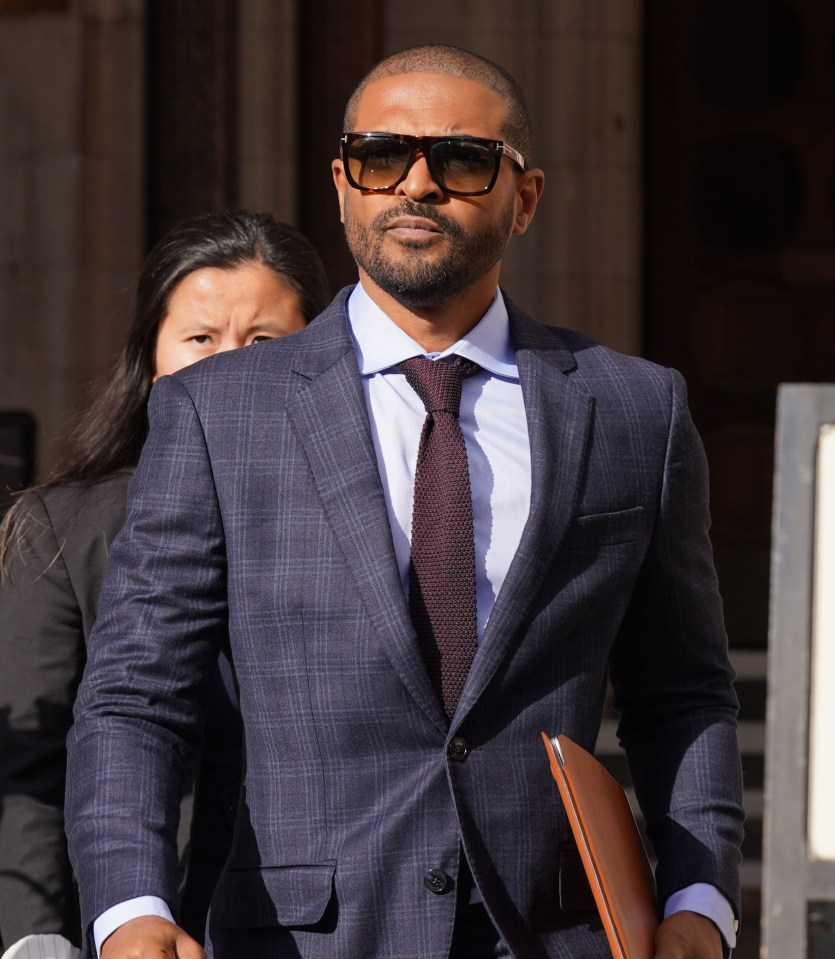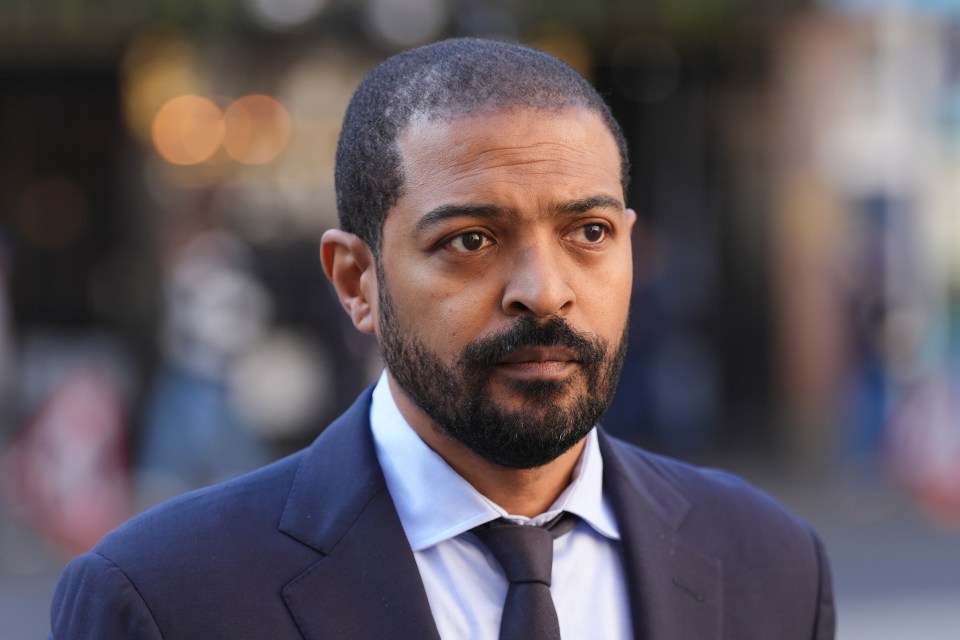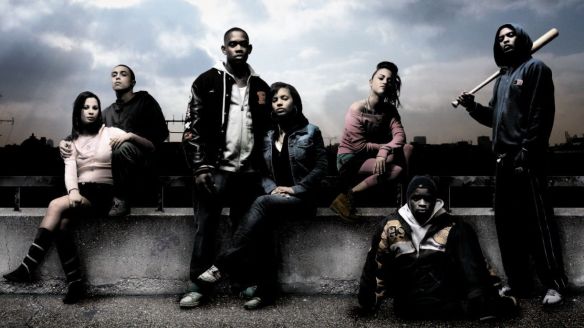NOEL Clarke today lost his “sex assault” libel case after his claims of a so-called conspiracy were branded “implausible”.
The BAFTA-winning actor sued the Guardian over seven articles and a podcast that alleged he was sexually inappropriate towards women.
Clarke, 49, has now lost the libel case at the High Court today after a judge ruled the investigation was in the public interest.
Mrs Justice Steyn added: “I have accepted some of Mr Clarke’s evidence… but overall I find that he was not a credible or reliable witness.”
The articles featured claims from a number of women in the film and TV industry who claimed Clarke groped them and was sexually inappropriate over many years.
Some of the women gave evidence – claiming Clarke shared nude photographs of them without their consent, groped them, and asked them to look at him when he was exposed.
Mrs Justice Steyn ruled that “instances of each of those elements have been established”.
This included one witness in the case who claimed she was “sexually harassed, pressured and touched” by Clarke without her consent.
The judge also said he had “singled out” another witness for “belittling and bullying treatment”.
In a statement at the time, Clarke said he “vehemently” denied “any sexual misconduct or criminal wrongdoing”.
The Met Police confirmed in March 2022 they would not launch a criminal investigation into the claims.
Clarke accused the publisher of playing “the role of judge, jury and executioner” of his career and reputation.
His legal team said claims that he was a “serial abuser of women” were false and that he was the “casualty” of the MeToo movement.
His lawyer Philip Williams claimed there was a conspiracy of people whose intention was to cause him “irreparable” financial and reputational damage.
But Gavin Millar KC, for GNM, said there was “not a shred of evidence” to support Clarke’s claim of a conspiracy, describing it as “nonsensical and rather desperate speculation”.
Mrs Justice Steyn said the conspiracy claim did not have a “proper foundation”.
She said: “Mr Clarke’s case that there is an unlawful means conspiracy against him, in which many of the witnesses, and some non-witnesses, are said to have engaged, was born of necessity, in the face of the large body of witnesses giving evidence against him.
“It lacked any proper foundation and led to numerous witnesses being asked speculative questions as to their connections, without a case being put that they conspired and colluded to invent allegations – or any evidential basis on which such a case could have been put.”
She added: “There has been no conspiracy to lie. In the absence of a conspiracy, Mr Clarke’s case that more than 20 witnesses – none of whom are parties or have a stake in this case, as he does – have come to court to lie is inherently implausible.”
Following the ruling, Ms Viner said the decision was a landmark for investigative journalism in the UK.
She said: “This judgment is a deserved victory for those women who suffered because of the behaviour of Noel Clarke. Going to court is difficult and stressful, yet more than 20 women agreed to testify in the High Court, refusing to be bullied or intimidated.
“This is also a landmark judgment for Guardian journalism, and for investigative journalism in Britain. It was important to fight this case. This was a deeply-researched investigation by some of the Guardian’s best reporters, who worked diligently and responsibly. The judgment is clear that our investigation was thorough and fair, a template for public interest journalism.
“I hope today will give encouragement to other women in similar situations who have been too fearful to raise their voices for fear of the consequences.”
















